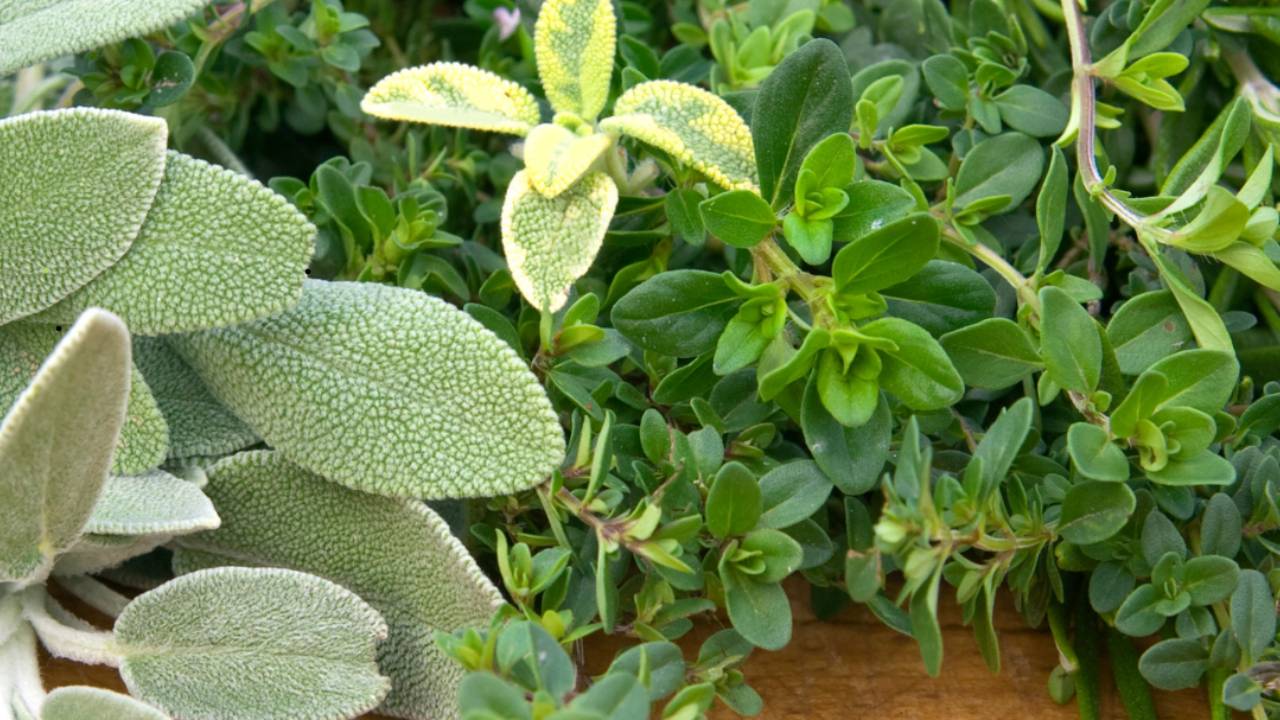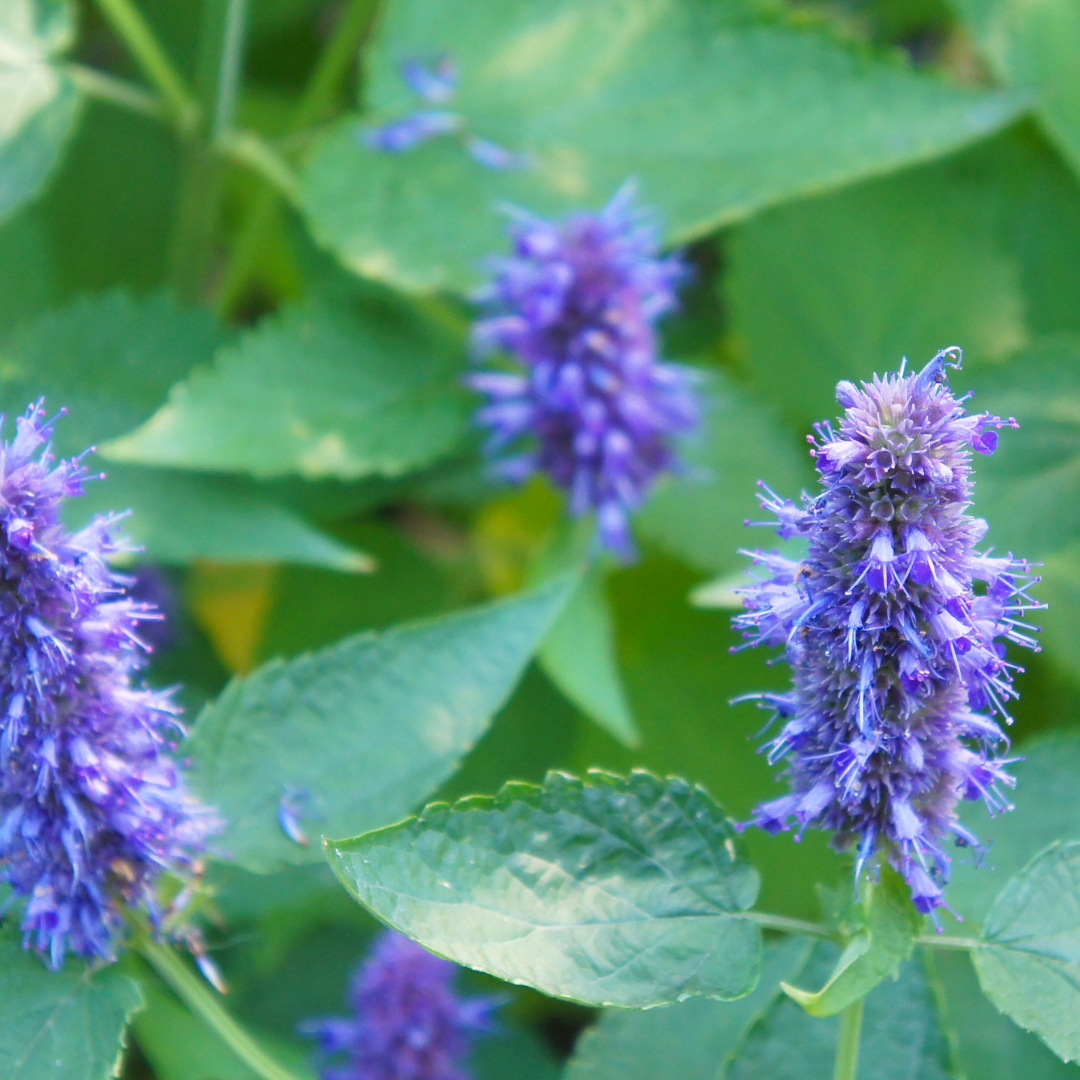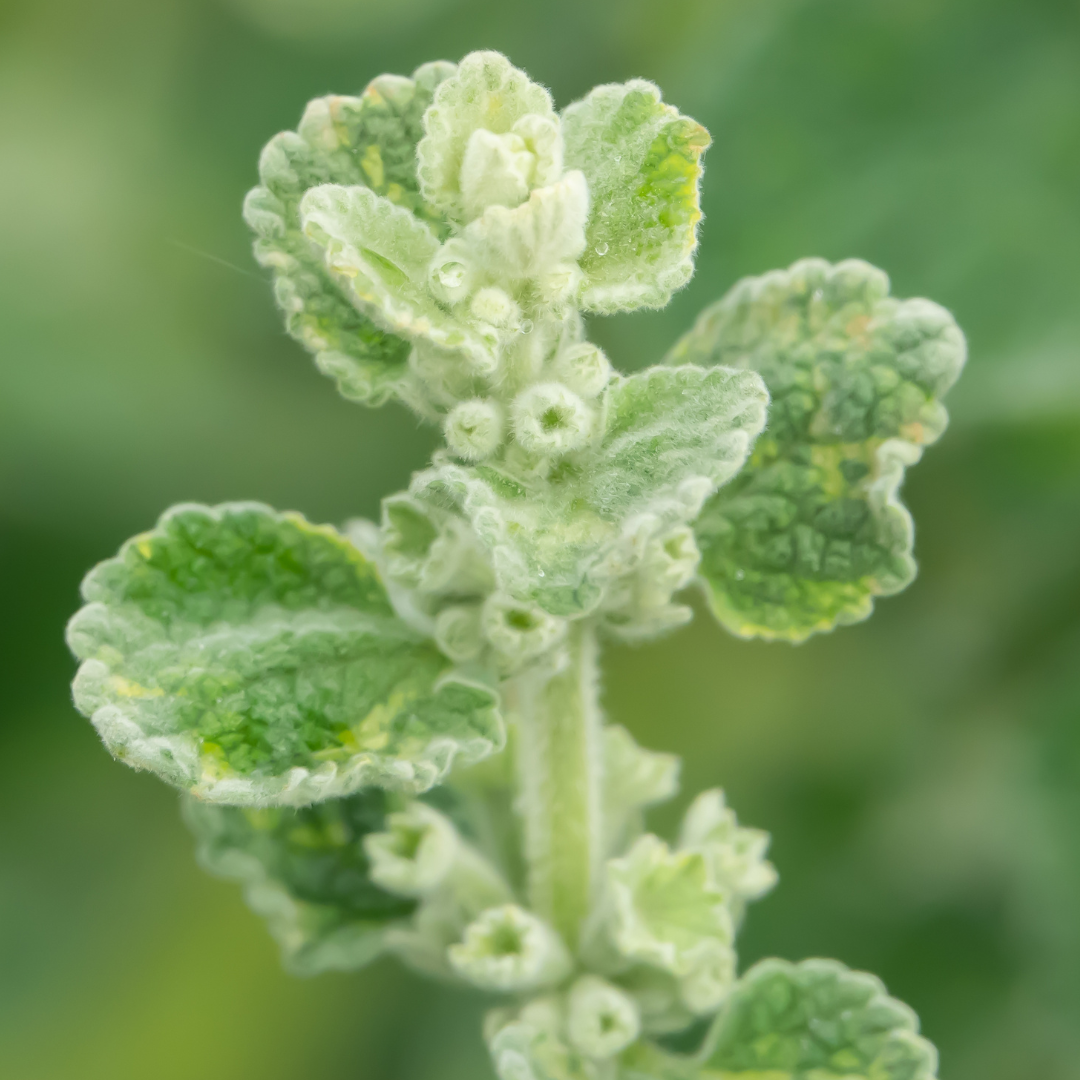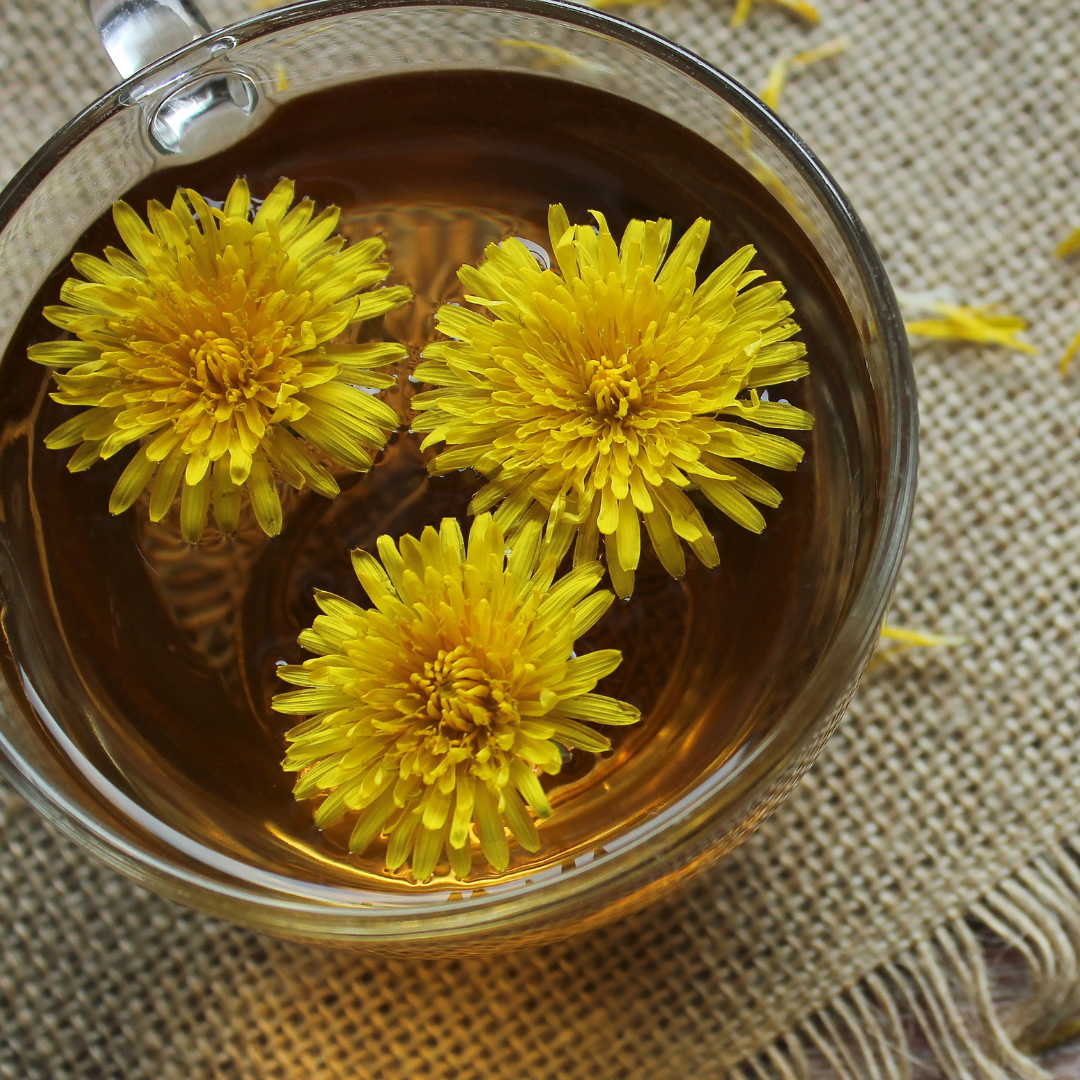
Busting Herbal Myths: 12 Common Myths About Herbs
Over the last handful of years, natural remedies, homeopathy, and herbalism have become increasingly popular. So many people discovering how amazing herbs and old-fashioned natural medicine are…That makes herbalists and herb farmers like us very happy!
That also increases the number of people out there trying to share their newfound solutions to whatever issue they’re having publicly. Unfortunately, a lot of those are incorrect and potentially dangerous.
So how are you supposed to know what is real and true?
Well, let’s bust some common myths about herbs, provide you with some clarity, and get you ready to use herbalism confidently.
Myth 1: Herbal Remedies Are Always Safe Because They Are Natural
Myth: One of the most dangerous myths is that herbal remedies are always safe for everyone because they are natural.
Truth: It is a mistake to assume that “natural” means “harmless.” Just because herbs are natural doesn’t mean they’re risk-free. Some can interact with medications or cause allergic reactions. Many herbs can cause side effects or interact with prescription drugs.
For example, St. John’s Wort can interfere with antidepressants, birth control pills, and blood thinners. Additionally, some herbal supplements may contain contaminants like heavy metals or be mislabeled. That’s why it’s so important to know where your herbs are coming from, and what each herb you’re working with is capable of. That’s why you should always talk your healthcare team before starting any new herbal protocol if you have medical conditions or are on medications.
What about culinary herbs? Herbs like garlic, parsley, cilantro, and basil have herbal properties and health benefits. However, you don’t have too much to worry about when it comes to side effects when cooking with them.
Myth 2: Herbs Can Replace Conventional Medicine
Myth: Another common misconception is that herbal supplements can completely replace prescription drugs and conventional medical treatments. When it comes to critical medical interventions, western medicine has an important role that should not be overlooked. No herb will stop an active heart attack or reattach an arm. Allopathic medicine has its place.
Fact: While herbs can’t take the place of critical medical interventions, they can offer support with illnesses, injuries, chronic diseases, and help with disease prevention. Herbs can also complement medical treatments and medications. For example, herbs like mullein and hyssop can aid the respiratory system, but they cannot replace the need for surgical intervention in a person who needs a lung transplant.
Myth 3: Herbal Remedies Work Immediately
Myth: Some people believe that herbal remedies should work instantly, similar to over-the-counter medications.
Fact: This is only partly true. Elecampane works rather quickly, whereas white willow bark takes twelve hours to take effect. Herbal remedies often require time to show beneficial effects, and you won’t feel the full benefits unless you use them consistently for multiple days or weeks.
Be careful with this one. Herbs and modern medicine can be used in a holistic approach incredibly effectively. But, it’s important to understand the herbs that you want to use as well as the prescription medication you are on.
Myth 4: There Is No Scientific Evidence Supporting Herbal Medicine
Myth: Some skeptics argue that herbal medicine lacks scientific backing and is purely based on anecdotal evidence and traditional practices.
Fact: Many herbs have been studied extensively. My favorite place to read the research is PubMed. Ginkgo biloba, for example, has been researched for its potential effects on brain function and blood pressure. There have also been multiple published articles that have studied the impact of milk thistle on liver health. There have even been studies on herbs and how many different plants can affect cardiovascular disease. If you want the facts on the studies that were done and published, PubMed is the place to go. Good, bad, or ugly..it’s all there.
Myth 5: All Herbs Are Effective for Everyone
Myth: There is a popular belief that herbs have a universal effect and that what works for one person will work for another.
Fact: The effectiveness of herbal remedies varies significantly from person to person because, well, everyone is different. Genetics, an existing health condition, different diets, lifestyles, sleep quality, metabolism, allergies, and more all affect how you will respond to an herb. And how you respond may be completely different than how I respond. When you’re starting a new herb, always start with the lowest dose. You can always increase from there.
Myth 6: All Herbs Are Safe During Pregnancy
Myth: There’s a widespread belief that all herbs are safe for use during pregnancy because they are natural.
Fact: Definitely not! Especially those with uterine-stimulating effects. Certain herbs, like blue cohosh or feverfew, can trigger uterine contractions or negatively affect a baby’s development. Even commonly used herbs may pose risks during pregnancy. For instance, licorice root can raise blood pressure, and some herbal teas may contain compounds harmful to the baby. Always consult your healthcare team before incorporating herbs into your routine during pregnancy to ensure safety for both mother and child.
Myth 7: Herbs Are Only for Minor Ailments
Myth: Herbs are only a good idea for minor issues like colds or a scraped knee.
Fact: Don’t underestimate their potential to support more serious health concerns! It’s true, herbs are fantastic for addressing common issues. But, they can also complement treatments for chronic or severe conditions. Turmeric, for example, has anti-inflammatory properties that support autoimmune conditions, and hawthorn is used to aid heart health. Simultaneously using pharmaceutical drugs and the use of herbal medicine should be done with an experienced herbalist or a healthcare professional who understands both Western medicine and how different herbs react in the body to have fewer side effects.
Myth 8: You Can't Overdose on Herbs
Myth: You can’t take too much of an herb because they’re natural and gentle.
Fact: Like medications, herbs can be harmful when overused. For instance, licorice root, when consumed in excess, can lead to dangerously high blood pressure and potassium loss, while St. John’s Wort can cause photosensitivity and interfere with prescription medications. Dosage matters, and it’s crucial to follow recommended guidelines and consult with a professional herbalist or experienced physician if you’re unsure.
Myth 9: Herbs Are Only Useful in Tea Form
Myth: Herbal teas are the most well-known preparation, leading to the belief that it’s the only way to use herbs.
Fact: Herbs are incredibly versatile and can be used in a wide variety of preparations. Tinctures, capsules, infused oils, salves, poultices, and syrups are just a few ways to harness their benefits. For example, calendula can be used in a soothing salve for skin irritations, while elderberries can be made into a syrup to support the immune system. Each preparation method has its strengths depending on the herb and desired outcome.
This is why learning as much as you can about the various herbs that you work with is so important. Did you know that mullein leaves don’t tincture well because of the mucilage? Or that Astragalus root tastes horrible in a tea so tincture is a better option? Learn as you go. Experience is the best teacher!
Myth 10: Fresh Herbs Are Always Better Than Dried Herbs
Myth: Fresh herbs are always superior to dried herbs, and more potent, due to their higher water content.
Fact: While fresh herbs are excellent for culinary use, some herbs become more potent when dried. Drying can concentrate active compounds, enhancing their herbal properties. For example, dried chamomile flowers are often preferred for tea because their potency increases during the drying process. However, when you are making a tincture, the preference for many herbs is to use them fresh. These preparations will become highly potent herbal remedies. Again, know your herbs.
Myth 11: Herbs Have No Expiration Date
Myth: Many assume herbs remain effective indefinitely, so they don’t consider the importance of storage or expiration dates.
Fact: Over time, herbs lose their potency, particularly if exposed to light, air, or moisture. Dried herbs typically remain effective for one to two years when stored correctly in airtight containers in a cool, dark place. After that, they may still be safe to use but won’t provide the same therapeutic benefits. Always check for signs of degradation like faded color or loss of aroma before using older herbs. Dried herbs should be the same color they were when they were still alive in the ground.
Myth 12: Herbs Are Only Useful for Physical Ailments
Myth: Herbal remedies are only solutions for physical health issues like pain, digestion, or skin conditions.
Fact: Herbs can play a significant role in supporting emotional well-being and mental health. Don’t ignore their impact on mental and emotional health! Lemon balm is known for its calming effects on the nervous system, while ashwagandha is prized for its adaptogenic properties, helping the body manage stress and anxiety. Many herbs, such as St. John’s Wort, have been traditionally used to uplift mood and promote mental balance. They are valuable allies for both the body and mind.
Herbal remedies offer a great way to support good health when used appropriately. By busting these common myths, we can better understand the role of herbs in alternative medicine and make informed decisions about their use.
Embrace the potential of herbs for overall health, but do it with knowledge and care to ensure safe and effective use.
There are not a lot of regulations in the United States when it comes to herbalism. The lack of regulations is a good thing for safe and knowledgeable herbalists. But, it’s a bad thing for tor those that haven’t taken the time to get an herbalism education that makes them truly proficient and safe. That’s why educating yourself on the herbs you’re interested in using is so important.
If you want to take a deep dive and learn about herbs, get herbal recipes, and get tons of herbal resources, check out THE HERBAL COLLECTIVE.
Don't miss a thing!
New herbal education and recipes delivered to your inbox.
We hate SPAM. We will never sell your information, for any reason.
Recent Posts



